Last time, we discussed the challenges and the importance of setting boundaries with toxic parents. It’s tough work but there’s more to it. Once those boundaries are set and enforced, you’ll have to come to terms with how you respond.
Taking back control of your life is obviously a positive thing. But that does not mean it doesn’t have some emotional side effects. As you digest the changes (and deal with your parents’ reactions), you will likely experience some guilt and shame. A common outcome of this is self-blame. Managing all of this is the second part of this crucial process.
Setting Boundaries with Toxic Parents
Again, this topic has been covered in a previous post. To refresh that information:
- Toxic parents are those who seek control, manipulate their children, and offer hyper-critical input (whether it’s asked for or not)
- You have the option to set boundaries and reclaim your autonomy
- This is accomplished by reimagining your own actions in relation to your parents and by setting from boundaries
The ensuing confrontation, however, can leave you in a place of self-blame.
The Dynamics of Self-Blame
A hallmark of toxic parenting is leaving your child with a feeling that:
- Everything is their fault
- Nothing they do will please you
With this in mind, it’s not hard to recognize how setting boundaries may trigger self-blame. You have actively chosen to “displease” your parents. When they inevitably respond to this choice, your default setting may be to doubt or question yourself. A lifetime of parental criticism can condition you to become self-critical.
When it comes to taking back control from toxic parents, it is essential that you resist such patterns of self-blame.
How to Manage the Guilt, Shame & Self-Blame of Setting Boundaries with Toxic Parents
Accept What Is and Isn’t Under Your Control
This is simple advice but the kind that bears repeating. Much of life is outside the realm of our influence. Accepting this allows us to identify what we can change.
You Can’t Make People Change
Even those closest to you can seem immune to your best intentions. You want so badly for your parents to evolve. But this is not a worthwhile use of your energy. They will make their own choices so you are best served by aiming your focus on your own evolution
Work On Yourself
Heal what you need to heal — at your own pace. This work not only increases the moment-to-moment quality of your life, but it also makes you better able to navigate the slings and arrows of toxic parents.
Is It Love or is It Obligation?
Everywhere we look — from TV shows to movies to memes — we are bombarded with pressure to “be there” for our families. It would be wonderful but it’s not always possible. So, carefully monitor your behavior, vis-a-vis your parents. How often do you make choices from a place of love or from a place of obligation? It’s okay to sometimes put aside your need but this cannot be the norm — or even close to the norm.
It Really Helps to Have Guidance
Life doesn’t come with a user’s manual. We do the best we can with the information we currently have. Thus, when faced with a vexing situation like toxic parents, we can feel unprepared. There is more inside you than you might realize. What you may need is some help in identifying your abilities.
Working with a mental health professional is a proven path toward growth, discovery, healing, and recovery. Your regular therapy sessions can serve as a bulwark against the unwelcome trio of guilt, shame, and self-blame. Read more about our counseling services and let’s talk soon about you can move forward.





